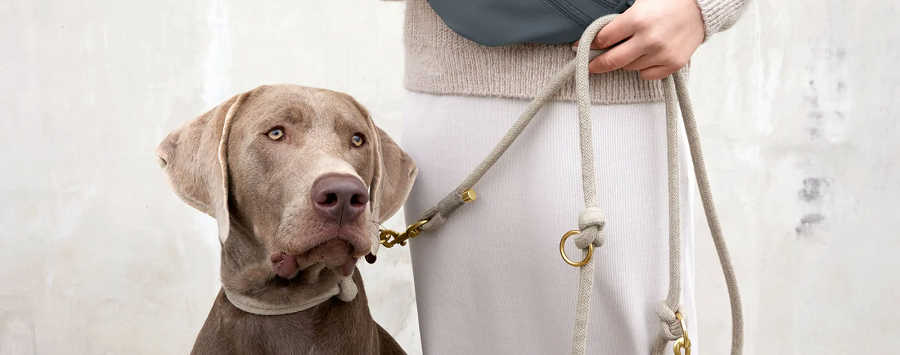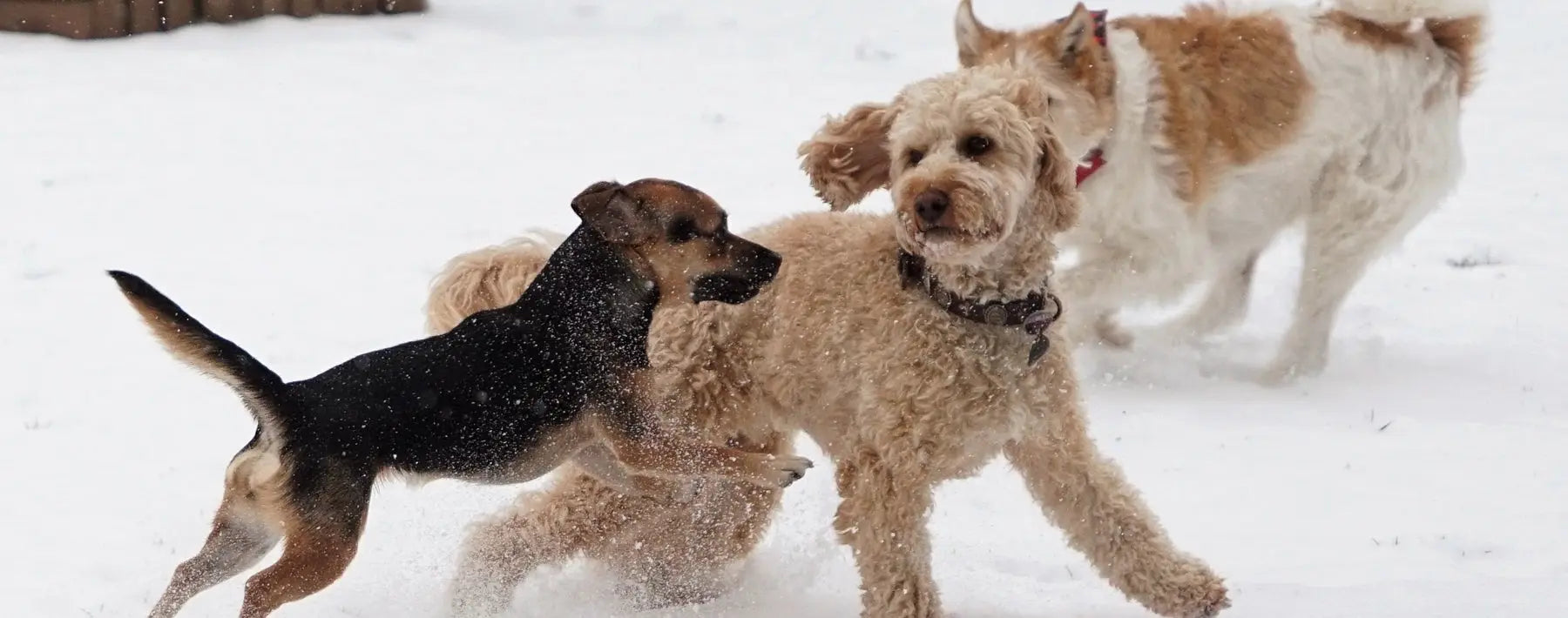
Colds in dogs - symptoms and treatment
Colds in dogs are not uncommon and occur more frequently, especially in the dark seasons, such as autumn and winter. The damp and cold weather promotes the occurrence of cold symptoms in our four-legged friends. If you are concerned about your dog's health, the following information will help you recognize the signs of a canine cold and respond appropriately.
In this blog post you will learn which symptoms you can use to recognize whether your dog has a cold and what you can do to prevent a cold .
Symptoms of a cold
How do you actually know that your dog has a cold? And how long does an infection last?
A cold can last between seven and ten days. It's important to recognize the symptoms of a cold in dogs so you can act quickly. You can tell if your dog has a cold if your dog coughs. The cough can be dry or wet, that is, with or without mucus. Coughing is the most important and typical symptom of colds in dogs. You can remember: If your dog doesn't cough, he doesn't have a cold.
Of course, there are other symptoms of a cold that can occur in addition to the cough; but that doesn't have to be the case. We have listed these possible symptoms for you here:
- Tiredness and sluggishness
- High temperature
- Nasal secretions
- Eye secretions
Attention – risk of infection!
Colds in dogs can easily be spread from one dog to another. Infection often occurs through droplet infection, for example when dogs come into close contact while playing or on walks. During the acute cold phase, it is therefore advisable to minimize your dog's contact with other dogs and wait for the symptoms to improve.
Treating a cold
Treatment for a canine cold aims to relieve symptoms and combat possible bacterial infections. Often the vet will prescribe antibiotics to prevent or treat infections. Cough medicines can also be used to ease coughing. Timely and appropriate treatment can help prevent the cold from having serious consequences. For detailed information, please contact your trusted veterinarian.
In addition to medical treatment, your dog needs plenty of rest and sleep during the cold. Provide him with a warm and comfortable place and make sure he stays hydrated. To protect him, you should reduce his physical exertion. Keep your walks to a minimum and only let him get some fresh air for a short time so he can relieve himself. After a walk in wet weather, you should dry your dog thoroughly. A dog coat can also be helpful in cold conditions to protect him from cold and wet conditions.
Please note that this information serves as general guidelines. In the event of a canine cold, it is always advisable to consult a veterinarian to get an accurate diagnosis and appropriate treatment for your individual dog.

We hope you and your dog get through the cold season healthy and happy! We wish you all the best!
Want even more dog knowledge? Become part of the PALOPA community! Together with the experts from the HUNDIVERSUM ®, we regularly provide you with tips and information and look forward to a regular exchange.
Did you like the blog post? Then always stay up to date with our newsletter and be automatically notified about new blog posts. You can also get great discounts and freebies. Here go to registration.



Leave a comment
This site is protected by reCAPTCHA and the Google Privacy Policy and Terms of Service apply.